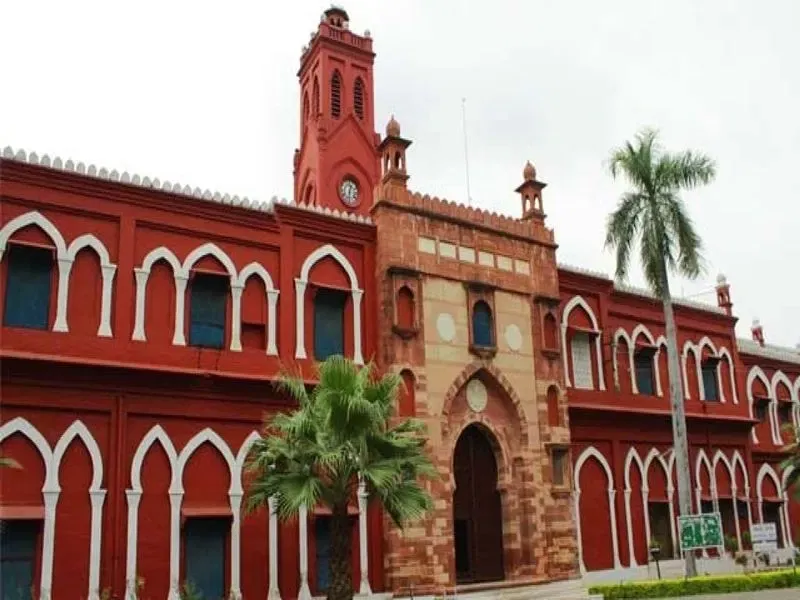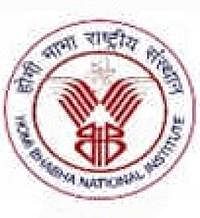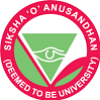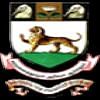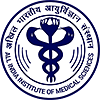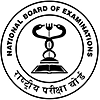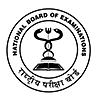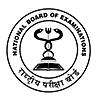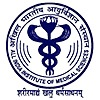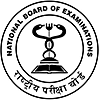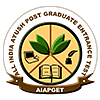MD Syllabus and Subjects

MD course is more practical-oriented and research-based as compared to MBBS. The MD syllabus is divided into a three-year-long postgraduate medicine degree program that includes various subjects like anatomy, biochemistry, microbiology, and pathology. Additionally, in the last six months of the course, the students are expected to do a work placement or internship as it can help them gain some practical experience as well.
The MD job scope in India offers a variety of rewarding careers for students looking for exposure to the healthcare and pharmaceutical industries.
Semester Wise MD Syllabus
The MD subjects is distributed into core and elective subjects. The MD course is designed to give students a very in-depth research-based understanding of the medical field.
The graduates can be working in some of the finest and most exclusive Research parks across the nation where the individual will be tested on his/her generic and contemporary knowledge regarding the same.
Listed below are the MD subjects list according to the semesters:
MD First Year Syllabus
The table below contains the MD first year syllabus:
| Semester I | Semester II |
| Anatomy | Biochemistry |
| Microbiology | Pathology |
| Pharmacology | Physiology |
MD Second Year Syllabus
The table below contains the MD second year syllabus:
| Semester III | Semester IV |
| Anaesthesiology | Community Medicine |
| Dermatology, Venereology, and Leprosy | General Medicine |
| Paediatrics | Psychiatry |
MD Third Year Syllabus
The table below contains the MD third year syllabus:
| Semester V | Semester VI |
| Radio-diagnosis | Radiotherapy |
| Tuberculosis & Respiratory Medicine or Pulmonary | Research Project |
MD Subjects
The MD course syllabus aims to introduce students to all the important aspects of medicinal sciences and their application. The course is designed to ensure that students have the opportunity to learn about the important aspects of basic medical science subjects, clinical disciplines, and more.
There are both core and elective subjects part of the curriculum making the course very diverse and flexible. Listed below are some of the core subjects that the students study in the MD in Medicine course:
MD Medicine Core Subjects
The core MD Medicine subjects list contains essential subjects that all MD Medicine students study irrespective of their specialization, which is as follows:
- Research Review
- Diagnostic Investigation And Procedures
- Biostatistics and Clinical Epidemiology
- Diseases Concerning General Medicine
MD Medicine Specializations
Given below are some of the specializations under the MD course:
- MD Community Medicine
- MD Physiology
- MD Pathology
- MD Microbiology
- MD Pharmacology
- MD Pediatrics
- MD Anatomy
- MD Biochemistry
MD Course Structure
The MD course is a three-year-long postgraduate course that is focused on the core concepts of Medicinal sciences. The curriculum of the course includes core subjects, elective subjects, and six-month-long internships.
At the end of the final year, students are given a research project to prepare them both theoretically and practically for the future. The course structure is given below:
- VI Semesters
- Core Subjects
- Elective Subjects
- Internships
- Research studies in the concerned speciality and exposure to the applied aspects of the subject relevant to clinical specialities.
MD Teaching Methodology and Techniques
The teaching methods in the MD course consist of both traditional classroom-based teaching methods and practical lab workshops. The traditional teaching methods help the students to get a chance to learn about a topic in greater depth and detail and therefore help them to ask any queries they may have.
The lab workshops help the students to use this theoretical knowledge in a practical setting and clarify their doubts. Additionally, the students can use this information in their six months long internships. Listed below are the teaching methodology and strategies in general:
- Lectures
- Thesis
- Theory Papers
- Clinical / Practical
- Oral examinations
- Seminars
- Journal Clubs
- Group Discussions
- Participation in laboratory and experimental work
MD Projects
When students are pursuing a MD course, in the final semester of their course they are expected to work on a research project. The MD is a research-based course due to which these projects play a very vital role in the student’s final marks. The research project also helps the teachers and professors to assess the students' understanding of the specific subject and specializations. Listed below are some of the popular MD projects topics:
- Cardiology
- Neonatology
- Clinical Hematology
- Nephrology
- Clinical Pharmacology
- Neurology
- Endocrinology
- Neuro-Radiology
- Gastroenterology
MD Reference Books
The students who pursue a MD as a postgraduate program must ensure that they invest in good books related to their specialization. These MD books can help them prepare for their course well. Students can purchase these books or download the MD books PDF version online. Listed below are some of the popular books on the subject:
| Name of Book | Author |
| Marks’ Basic Biochemistry | Lieberman, Peet, Marks |
| Moore’s Essential Clinical Anatomy | Moore, Agur, Dalley |
| Andreoli and Carpenter’s Cecil Essentials of Medicine | Benjamin, Griggs, Wing, Fitz |




